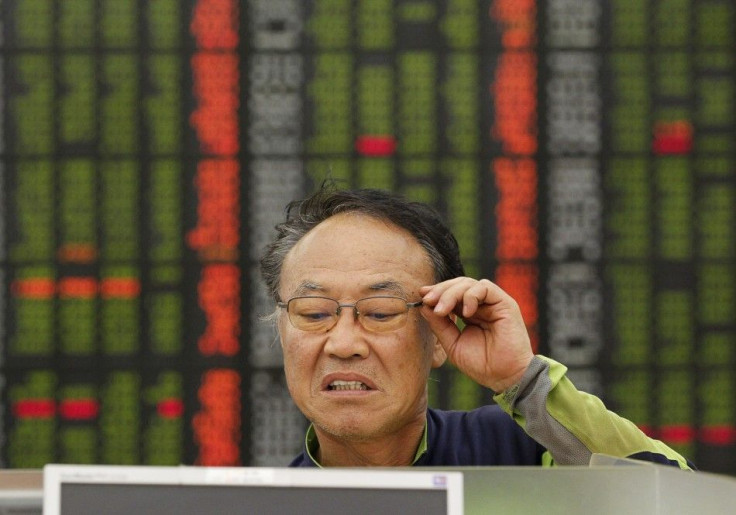South Korea?s Consumer Confidence Drops In June Amid Global Concerns

South Korea's consumer confidence fell in June as compared to May, weighed down by the faltering global economy and the intensifying debt crisis in the euro zone.
Data released by the Bank of Korea (BoK) Tuesday shows that the consumer confidence index, which is an indication of consumers' overall economic outlook, dropped to 101 in June down from 105 in May. The index, which is based on survey responses from 2,072 households in 56 cities, is also an indication of future spending by consumers.
The central bank noted that the concerns of Greece exiting the euro zone and increasing borrowing costs of Spain along with sluggish industrial production and domestic consumption have affected the economic outlook for the month.
The report comes after the BoK held its policy rate at 3.25 percent earlier this month, though it noted that the risk to growth went up due to the escalation in the euro zone crisis. The Asian Development Bank (ADB) reported in April that the country's economic growth was expected to slow down as its exports were going to be badly impacted by the decreasing global demand.
In April, South Korea's central bank lowered the country's growth forecast for 2012 to 3.5 percent on account of the global economic slowdown that has resulted in the weakening of exports. In its revised 2012 economic outlook, the BoK said that it was lowering the 3.7 percent growth projection made in December.
The BoK's decision to hold its policy rate was in large part due to lingering inflation worries. Headline consumer price index held steady at 2.5 percent year-over-year in May (the lower half of the central bank's 2 percent to 4 percent target range) while core inflation of 1.6 percent was the lowest over the last year.
There is a possibility that the BoK will have to further cut the growth forecast for the year if the situation in Europe worsens.
© Copyright IBTimes 2025. All rights reserved.





















